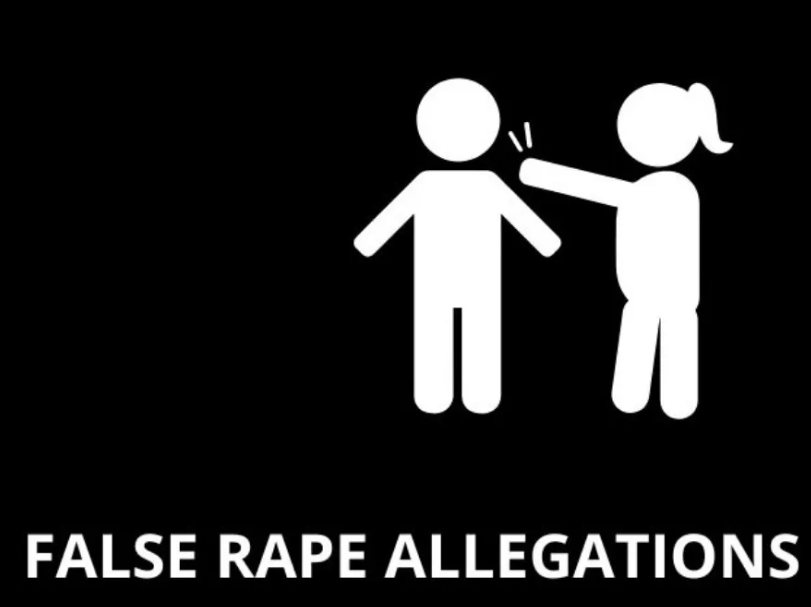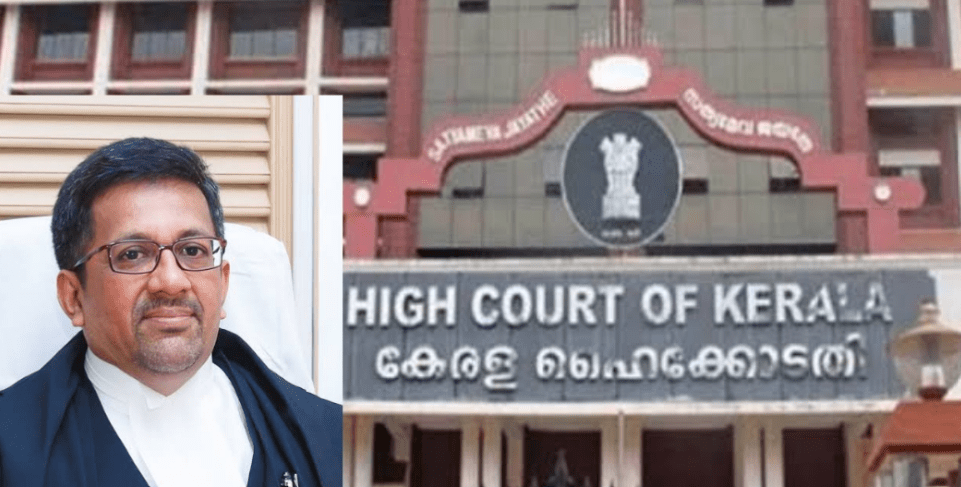After spending seven years in jail, a 41-year-old man was recently acquitted in a POCSO case. The special court concluded there was a possibility of mistaken identity due to contradictory statements from the mentally disabled child during the identification of the accused.
The court noted that the identification of the accused was not supported by reliable evidence. During the identification process, the child initially said she didn’t know the accused. It was only when the special public prosecutor directly pointed to the accused and asked, “Is he the person who assaulted you?” that the child replied ‘yes’.
Defense lawyer Kalpana Waskar argued that it was a case of false implication. Despite four attempts to seek bail over the years, the special POCSO court had rejected them.
The child’s mother, a widow, told the police in October 2015 that the accused had first assaulted her child in July 2015. She alleged that on September 29, 2015, the accused beat and raped her child when she went to a public toilet. She claimed to have found blood on the child’s undergarments but feared damage to her reputation and did not initially report it. She finally went to the police on October 1, 2015, after an altercation involving the accused’s brother.
The court found the child’s statements contradictory, leading to doubts about the reliability of her identification. “The accused cannot be held guilty for committing the offense and punished based on such doubtful evidence,” said special judge Harsha Chetan Shende. “It is a golden rule of the criminal justice system that if two ways are possible, the one beneficial to the accused should be adopted.”
The special judge added, “The possibility of tutoring the victim by an interested person cannot be ruled out. Her evidence becomes doubtful and not of sterling quality.”
Be a part our social media community:
Facebook: https://www.facebook.com/IndianMan.in?mibextid=ZbWKwL
Instagram:
https://www.instagram.com/indianman.in?igsh=MWZ2N3N0ZmpwM3l3cw==




